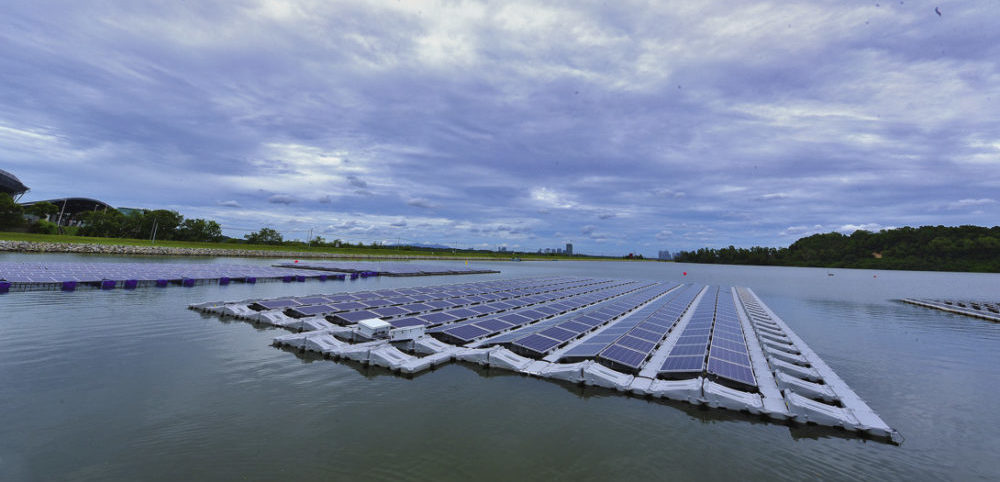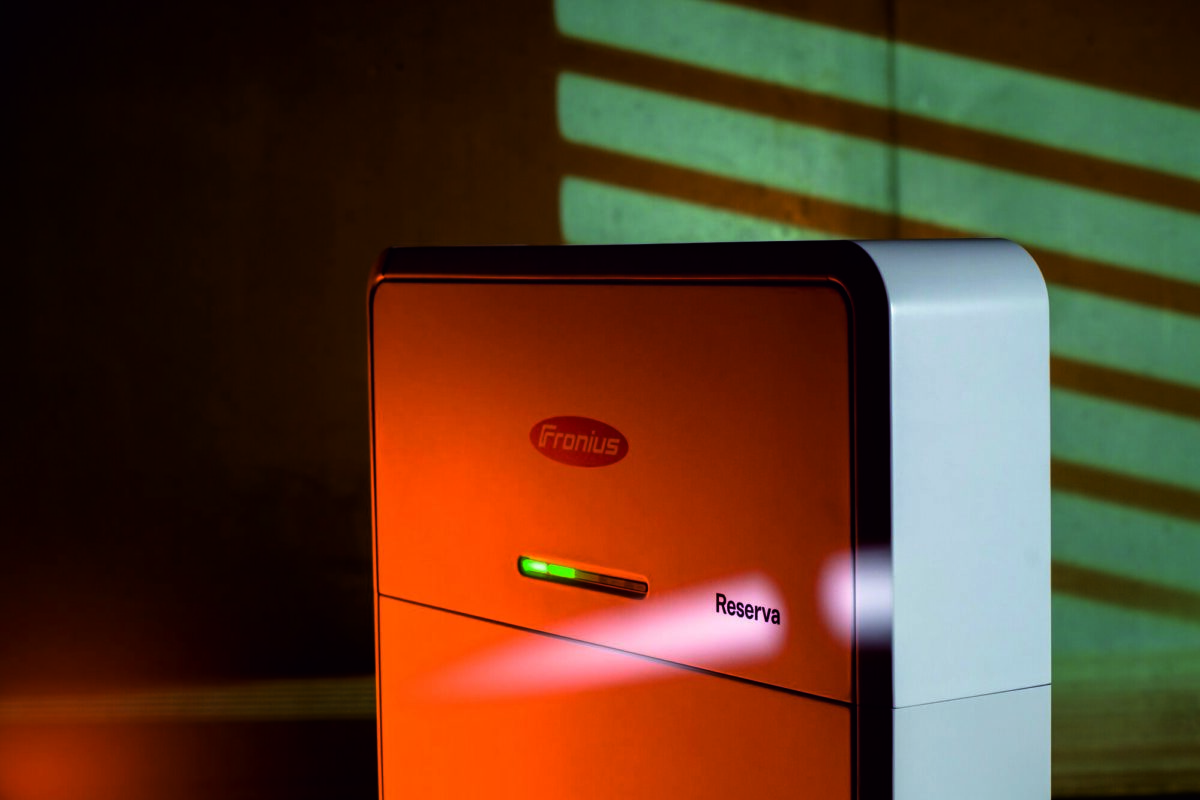The Dutch Foundation for Applied Water Research – STOWA – has published guidelines and tools for developers interested in floating PV projects across the water-rich Netherlands.
The chief document is STOWA’s Guide for the licensing of floating solar parks on water, which provides recommendations for securing permits from water authorities, describes conditions under which it permissible to place solar panels on water and outlines the possible effects on water ecosystems.
The guide is supplemented by two tools: the Stroomschema helps developers through the permitting process, and the Analysetool Zon op Water, examines the effects of floating solar projects on water quality and quantity and the ecosystem.
The Netherlands’ rich promise
The latter is based on a three-dimensional water quality model applied to several fictitious water systems, STOWA said. “The effect on the water quality is determined, among other things, on the basis of the size of the water surface, the translucence of the solar panels and the percentage of water that is covered with the solar panels,” the agency said. By introducing area properties and panel characteristics, the user can quickly gain an insight into the effects of a solar array on water quality, STOWA added.
The guide is part of a feasibility study being carried out by the Zon op Water consortium, an initiative of Dutch water management agency the Rijkswaterstaat which STOWA participates in and that is controlled by the Dutch Ministry of Infrastructure and the Environment, and the Solar Energy Application Community (SEAC).
The Netherlands offers huge potential for floating PV as it has approximately 52,000 hectares of shallow inland water.
The Rijkswaterstaat announced in March 2017 it intended to make water surfaces and other land under its control available for the installation of renewable energy plants. Last week, the agency and SEAC announced completion of the country’s first PV highway noise barrier.
This content is protected by copyright and may not be reused. If you want to cooperate with us and would like to reuse some of our content, please contact: editors@pv-magazine.com.




1 comment
By submitting this form you agree to pv magazine using your data for the purposes of publishing your comment.
Your personal data will only be disclosed or otherwise transmitted to third parties for the purposes of spam filtering or if this is necessary for technical maintenance of the website. Any other transfer to third parties will not take place unless this is justified on the basis of applicable data protection regulations or if pv magazine is legally obliged to do so.
You may revoke this consent at any time with effect for the future, in which case your personal data will be deleted immediately. Otherwise, your data will be deleted if pv magazine has processed your request or the purpose of data storage is fulfilled.
Further information on data privacy can be found in our Data Protection Policy.